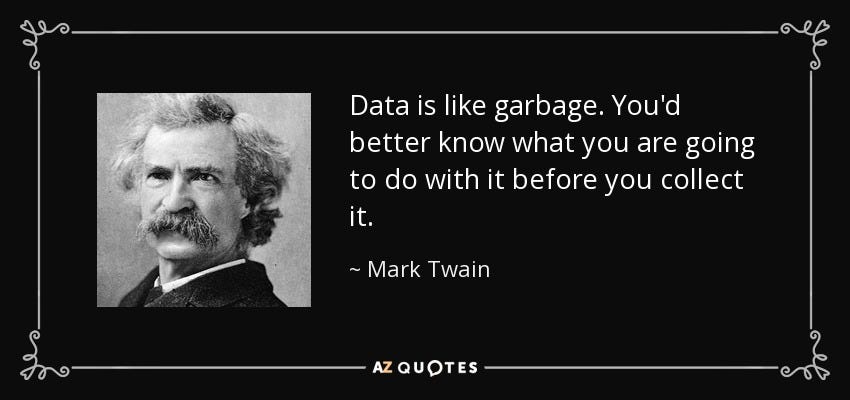The Amazing Uses of Data - Transforming Data to Information Creating Insights to Action
Fundamentals of how data is utilised to produce knowledge - DIKW Pyramid
DATA: WHAT IS IT?
While data is being discussed by many, relatively few individuals take the time to consider its meaning and significance.
When you hear the word "data," what comes to mind?
A variety of formats can be used to gather and store data. The uses of data sets are determined by how they are gathered and preserved. Although there are other spreadsheet software available, Excel is the most widely used one worldwide.
Due to the intricacy of modern technology, internet users produce enormous volumes of data. All the information you look for online, visit websites or watch content is kept in a database.
All businesses gather and retain data, but not all businesses know what to do with it. Incompetent data analysts make use of complex and unnecessary
The way that large companies like those in the S&P 500 and the FTSE 250 gather, keep, and use personal data has come under scrutiny in recent years. They use phrases like "the new gold" and "the new oil" to highlight the significance of data to their companies.
How do we Use Data and Turn it into Information, Knowledge and Wisdom?
Data Classification
To keep track of the guidelines and restrictions related to the usage of data sources, we assign classes and tags to them. In addition to the five general groups of data, your organisation could have its own classifications for data
Open data is information that has no limitations on its usage or distribution. Governments, public institutions, and private companies release data sources on just about any subject you can imagine every year! Open data is non-sensitive and is accessible to all parties.
Data that may be downloaded and seen by the general public but has limitations on its reuse and republishing is referred to as public data. Websites frequently post data that is open to the public and has usage guidelines. Public information is not sensitive and can be consumed by anyone.
Data that is valuable and held by a particular organisation or entity is known as proprietary data. Businesses might purchase subscriptions to reference data providers or exchange private data. Sensitive proprietary information should only be disclosed within the company.
Operational data is information gathered from a company's daily operations. For instance, financial data, transactional data, and resource requirements predictions for an organisation. Operational data should only be shared with the relevant teams since it is either sensitive or restricted.
Data that, if disclosed, could have a negative impact on a person or organisation and have financial and legal ramifications is known as restricted data.
Sign up for more content below


